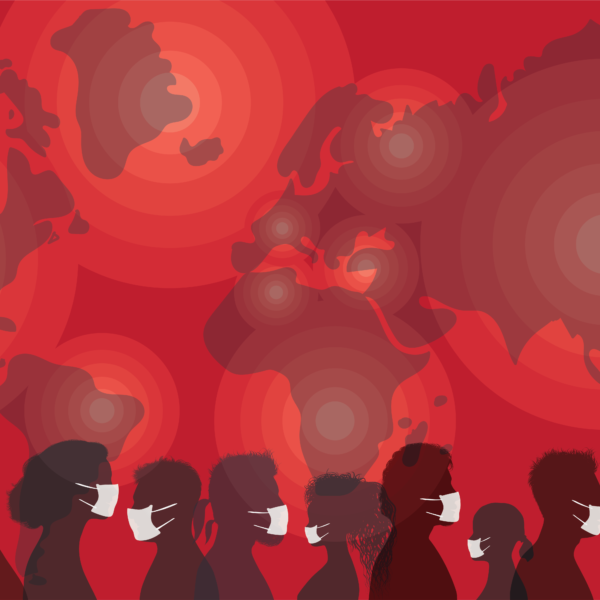Marketers rightly expend considerable intellectual energy devising ways to sell more to their best prospects. But one key lever is often overlooked: smartly allocating budgets between national and local media. How you determine this split can make the difference between focusing on consumers who will buy from you, and wasting money on those who never will.
Great brands are like great people and when great people know who they are, where they’re going and how to get there, they can contribute to the world in a way that is larger than any one single area of focus. At a certain point, they transcend their specialized field and become something larger than themselves, larger than their community, and larger than their chosen category.
They become Brandscendent™.
Here are some antiviral tips for CMOs that could make a quarantine situation produce some healthy results. (As I sit here gazing out at emptying streets in San Francisco, all my tech clients have notified me they’re going remote for the next two weeks.)
Advertising, we have a problem.
The agency industry is unlike any other. People in other industries don’t provide their would-be clients with “spec work” for free. So why are agencies expected to think for free when pitching for a new account? It’s a topic that strikes a chord throughout the industry with an ongoing debate over the question of should agencies be paid to pitch?
Franchising is a model that allows business owners to grow their businesses and expand the brand. Franchisees buy into a brand that has concept, operations and marketing support. However, franchisees still need to build their own businesses. Successful companies never stop marketing. Consider marketing to be food, not medicine; businesses need ongoing marketing as sustenance, not just a quick burst to cure a problem. Marketing brings in business. So why do so many franchise brands struggle to get franchisees to fully participate in local store marketing?





